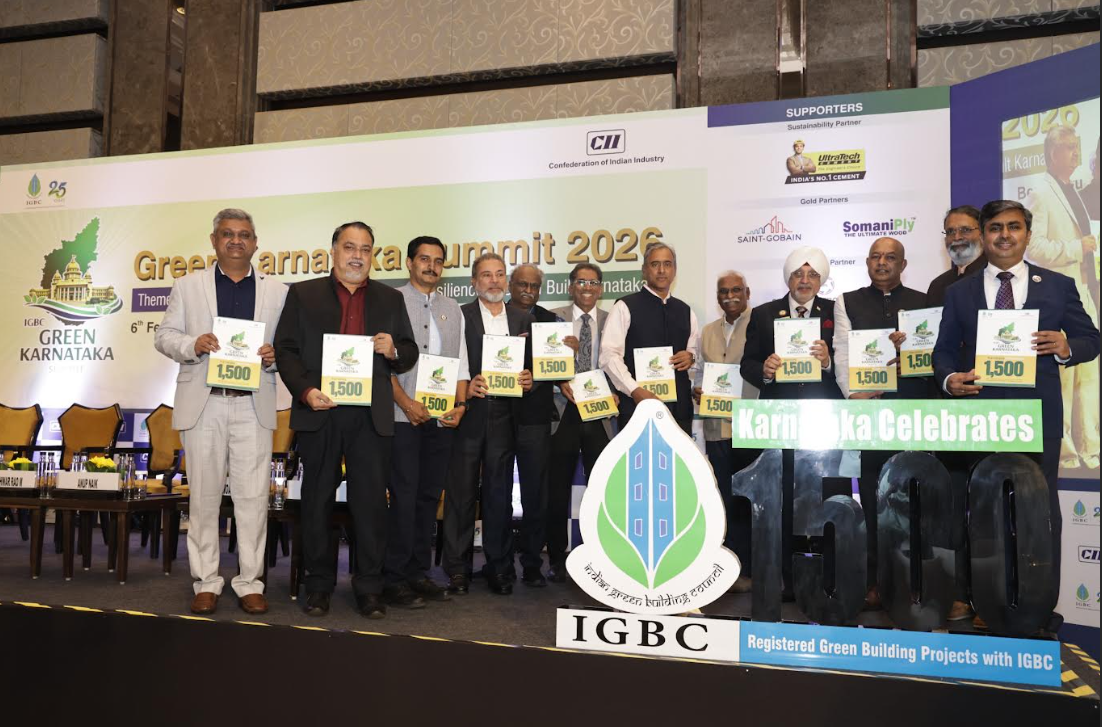A recent report has revealed that nearly 90% of farmland conversions in Karnataka for non-agricultural purposes are illegal, lacking the necessary approvals. This situation has raised concerns about urban planning and infrastructure across the state, particularly in Bengaluru. The issue came to light as the government began linking Aadhaar with land records, highlighting the scale of unauthorized land use.
According to data published by Deccan Herald, out of 72.11 lakh land parcels used for non-agricultural purposes, only 4.69 lakh have received the required ‘DC conversion’ orders. These orders, issued by deputy commissioners, are essential for the legal conversion of agricultural land to residential or commercial use. Without these approvals, land conversions remain unlawful. Karnataka’s agricultural land base is substantial, with a total of 4.11 crore agricultural plots across the state. The extent of illegal land conversions indicates a significant gap in regulatory compliance.
The problem is most evident in Bengaluru Urban, where around 13,000 acres of unapproved layouts have been developed. These unauthorized layouts have contributed to unregulated urban growth, with many of them lacking the basic infrastructure needed for proper urban development. Revenue Minister Krishna Byre Gowda noted that if these 13,000 acres had been legally converted, 45% of the land, or 6,000 acres, would have been allocated to critical infrastructure such as roads, parks, and public spaces. Instead, many of these areas suffer from poorly developed roads, inadequate drainage systems, and disorganized parking, creating issues like traffic congestion and flooding.
The illegal conversions and unapproved layouts are not only disrupting urban development but also putting pressure on the city’s infrastructure. Bengaluru, already grappling with rapid growth, is facing challenges in managing its expanding population and the strain on basic services. The lack of proper planning has resulted in frequent flooding during the monsoon season, as many of these illegal constructions are located near natural water bodies or encroach on stormwater drains.
Minister Gowda has attributed the problem to years of neglect and inadequate enforcement of land use regulations. The situation has become more apparent with the government’s efforts to digitize and link land records with Aadhaar, providing more visibility into the extent of illegal land usage.
The state’s urban planning authorities are under increasing pressure to address the problem. The issue of unauthorized layouts, especially in Bengaluru, calls for a reassessment of land-use policies. The illegal land conversions highlight the need for better monitoring and faster approval processes for conversion requests. While the government has taken steps to address the issue by linking Aadhaar with land records, more concrete actions are required to curb the widespread illegal conversions.









.png)